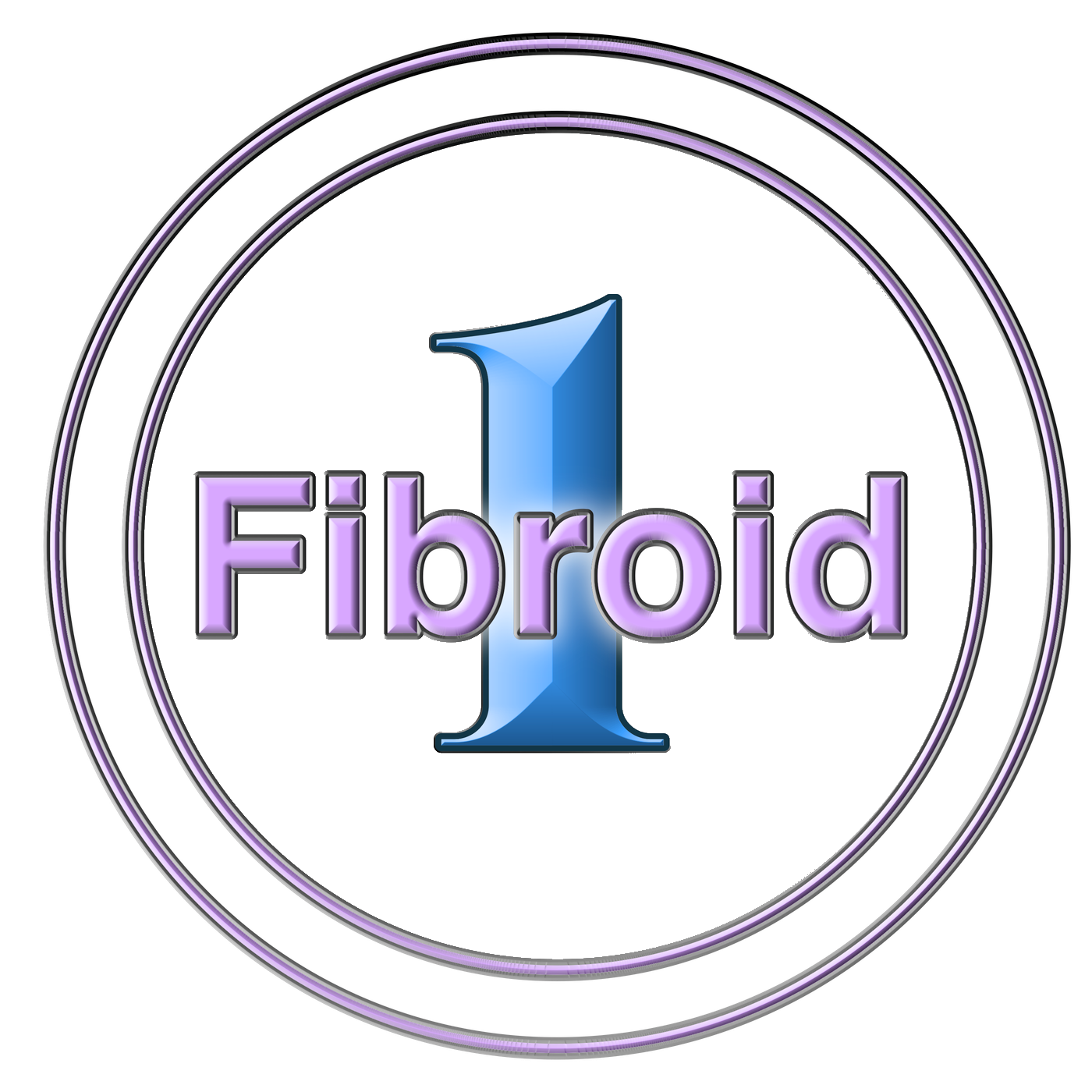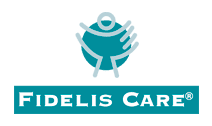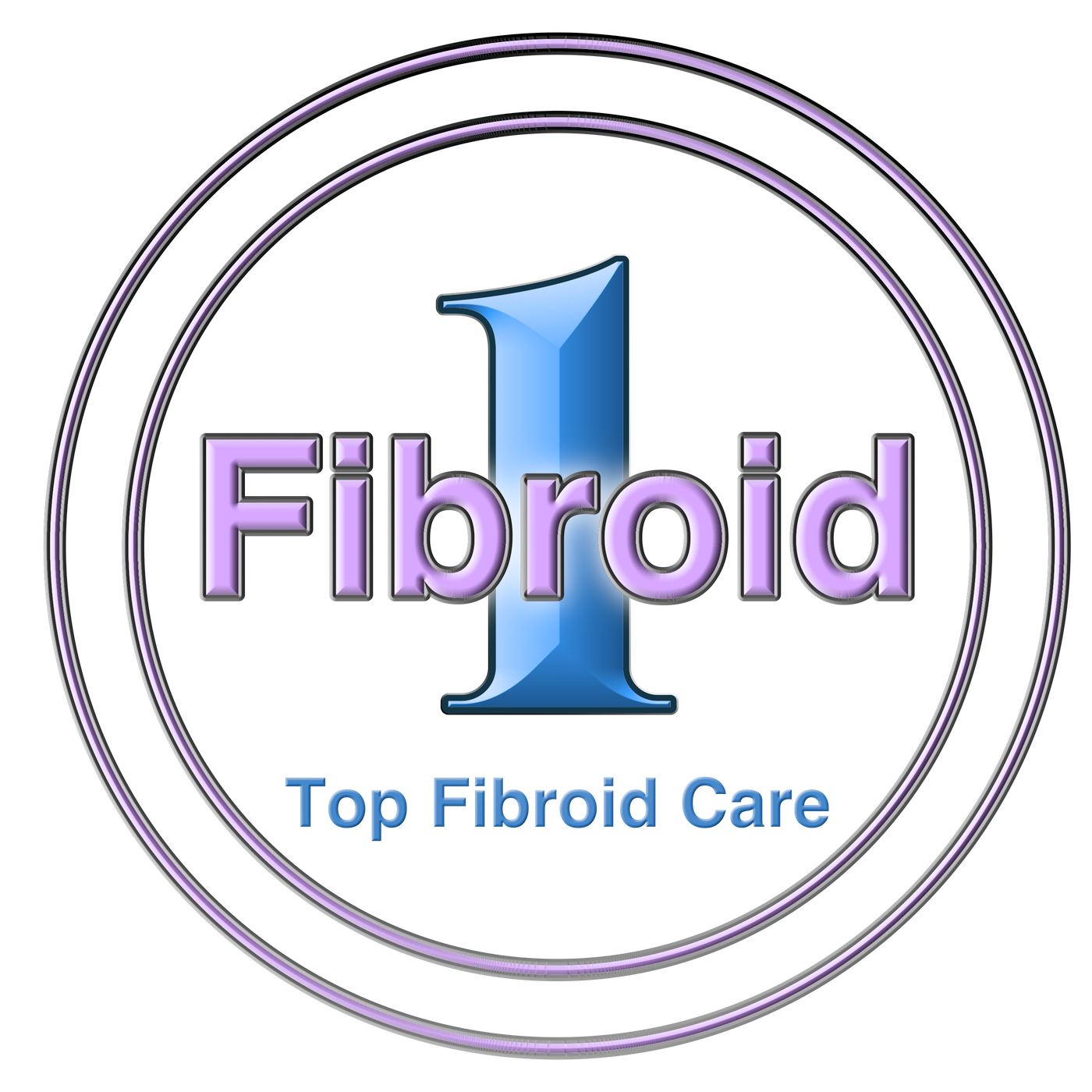Uterine fibroids are uncomfortable and can be quite painful, and impact every part of your life. The symptoms they produce can be largely unpredictable, and they can reduce your chances of becoming pregnant. While heavy bleeding, bloating, frequent urination, cramping, and uterine pain are well-known symptoms of the condition; others are less so. For instance, pain in the lower back and persistent pressure that increases as the fibroids grow.
Identifying Symptoms of Fibroid Pain
These fibroids can result in significant amounts of pain for women suffering from them. These reports came along with reports of pelvic pain not associated with menstruation or other conditions. How severe the symptoms are is determined by the number of fibroids, their size, and location. Different types of uterine fibroids present with different kinds of pain:
- Submucosal/Intramural Fibroids – These fibroids can distort the shape of your bladder.
- Subserosal Fibroids – These are located on the outer layer of your uterus and put pressure on the spinal nerves, rectum, and bladder. This can result in back pain, swelling, and pressure on the abdomen.
- Pedunculated Fibroids – These are attached to the uterus by stalk-like growths that can twist.
Fibroids can put significant pressure on the sciatic nerve. This pressure can produce significant pain in the legs, hips, buttocks, lower back, and uterus. When this pressure is not alleviated, the pain can spread to your extremities. When severe pelvic pain is combined with heavy bleeding, the condition can become more serious.
Studies show that women living with fibroids had a higher tendency to report significant pain during sex. This pain may appear with penetration or only when in certain positions. Any unexpected pain that occurs during sex should be investigated by a physician and is not normal. Your physician can often determine the origin of the pain with ultrasound or pelvic exam.
Headaches are also another kind of pain that few expect can be associated with fibroids. Headaches are not the direct result of fibroids but occur due to iron-deficiency anemia resulting from heavy bleeding. It’s also possible to have digestive concerns that are caused by fibroids. Truly large fibroids may apply pressure to the rectum, resulting in constipation.
Getting Treatment For Back Or Leg Pain From Fibroids
There is treatment available for leg and back pain resulting from fibroids. Rather than treating the chronic symptoms, Your fibroid specialist can address the underlying source of the fibroids. This can help alleviate the symptoms entirely. One approach to eliminating the symptoms is treatment using uterine fibroid embolization, or UFE. This treatment approach can reduce the size of your fibroids, easing the resulting leg and back pain. This results in a marked improvement in the quality of life for many patients.
UFE treatment is performed using minimally invasive procedures that sharply reduce the recovery time. It also makes it possible for this treatment to be performed as an outpatient procedure. This ensures that you’ll be able to recover in the comfort of your own home on the night of the procedure.












